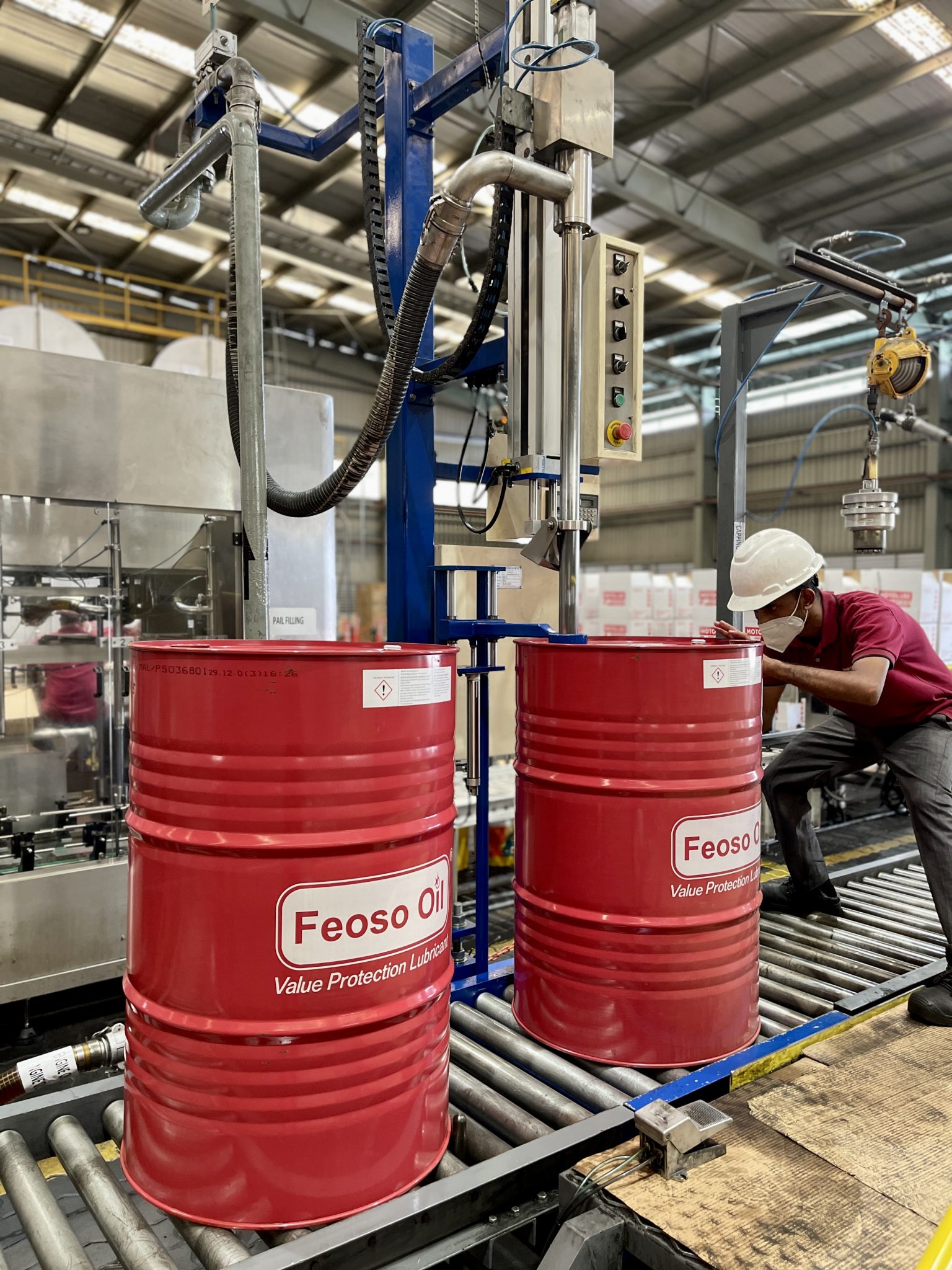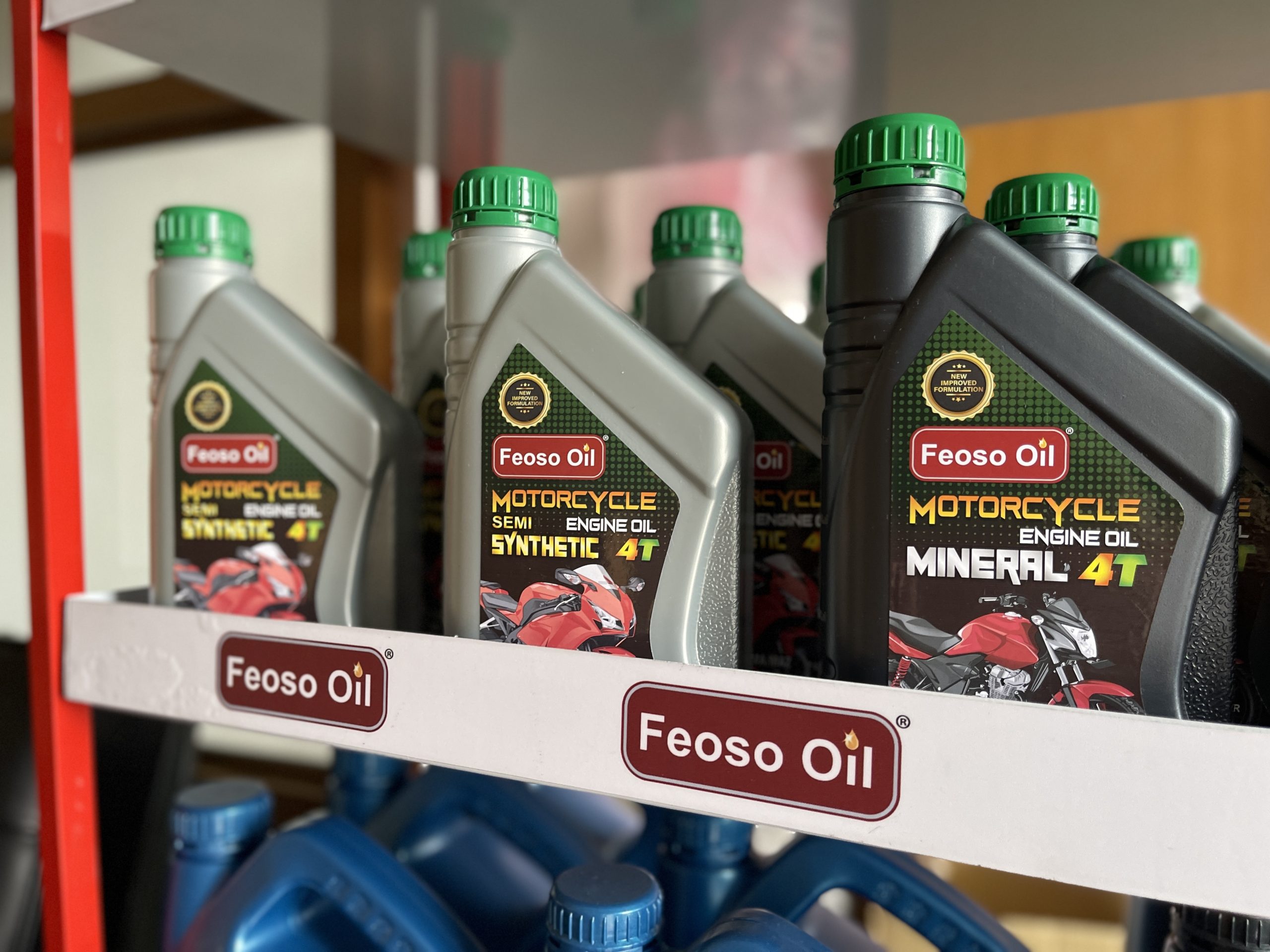The development and advancement of synthetic lubricants have revolutionized the way industries maintain and protect their high-performance machinery. In the past, mineral-based oils were the standard for lubrication, but they proved to be insufficient in handling the demands of modern machinery. Synthetic lubricants were created to overcome the limitations of mineral-based oils and provide better protection for high-performance machinery and extreme temperatures.
Synthetic lubricants are engineered to provide superior performance compared to mineral-based oils. They are designed to be more resistant to thermal degradation, oxidation, and high-temperature performance. These lubricants are also formulated to provide improved protection against wear and corrosion, making them ideal for use in high-performance machinery.
In industries where machinery operates in extreme temperatures, synthetic lubricants play a crucial role in preventing damage and prolonging the life of equipment. High temperatures can cause mineral-based oils to break down, leading to increased wear and damage to machinery. Synthetic lubricants are formulated to provide consistent performance at high temperatures, ensuring that equipment remains protected even in extreme conditions.
For example in the steel production industry, it involves extremely high temperatures, making it a challenging environment for lubricants. Synthetic lubricants are used to protect equipment from wear, corrosion, and thermal breakdown, ensuring consistent performance and extended equipment life.

One of the key benefits of synthetic lubricants is their ability to resist viscosity breakdown. This means that they maintain their consistency and provide consistent protection throughout the life of the lubricant. In contrast, mineral-based oils can break down over time, causing a decrease in performance and increased wear on machinery.
In addition to their performance benefits, synthetic lubricants also offer environmental advantages. They are formulated to be biodegradable, making them less harmful to the environment compared to mineral-based oils. This is particularly important in industries where spills or leaks are a concern for example in the fishing industry. Traditional lubricants used on fishing vessels can sometimes leak into the ocean, causing harm to marine life and ecosystems. Biodegradable lubricants are made from renewable, environmentally friendly ingredients that break down naturally in the environment, reducing the risk of harm to marine life and the environment.
In the event of a spill, biodegradable lubricants are much less toxic to marine life, and they break down into natural, non-polluting compounds. This makes them a more sustainable choice for industries that operate near water or in other sensitive environmental areas, where the risk of harm to the environment is a concern.

In conclusion, the development and advancement of synthetic lubricants have made a significant impact on the way industries protect and maintain their high-performance machinery. By providing improved performance, protection against wear and corrosion, and consistent performance in extreme temperatures, synthetic lubricants have become an essential tool in modern manufacturing. Whether you’re in the automotive, aerospace, or energy industries, synthetic lubricants offer a cost-effective solution for maintaining and protecting your machinery.



